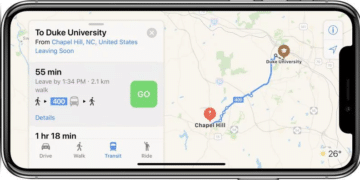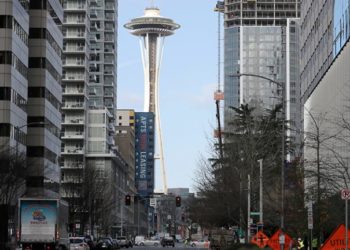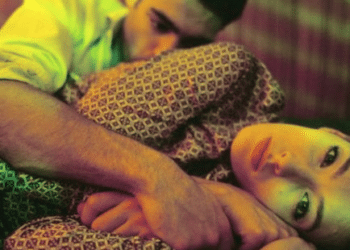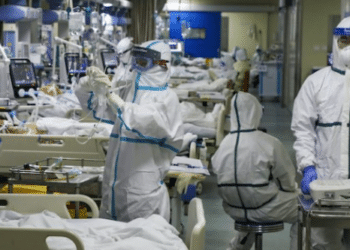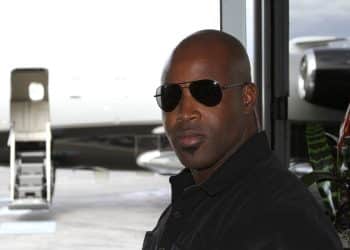How would you take it if you were told that the choices you think you make freely every day are not so free? If you discovered, in short, that free will is a kind of illusion? It may seem a matter for philosophers’ and religious philosophers’ reflections, but science has long been questioning the idea of a human consciousness capable of operating in complete autonomy from the physiological processes that involve our organism. That mind and body are, in short, separate or independent entities. And a new study by the Federal Polytechnic School of Lausanne provides the most recent confirmation. Processes such as breathing unconsciously influence the choices we make in the course of a day: we would be much more inclined to take ‘voluntary’ actions when we take a breath.
“What we have shown is that voluntary actions are actually influenced by the internal states of our body – says Olaf Blanke, research coordinator – and in particular by breathing and exhaling, while they do not seem to be connected to other types of body signals, such as the heartbeat”.
The research, and in particular the interpretation of its results, are based on a particular phenomenon known as readiness potential, or motor readiness potential, a special type of brain activity that occurs just before voluntary action begins. It was the German neuroscientist Hans Helmut Kornhuber who discovered it in 1965, but it was the research of another German scientist, Benjamin Libet, who demonstrated in his experiments how it is possible to detect motor readiness potential about 200 milliseconds before a person takes voluntary action. This circumstance was interpreted as proof of the illusory nature of free will: in fact, the brain is activated before the awareness of wanting to take a given action is born in us, and therefore consciousness and freedom of choice would be nothing more than “epiphenomena”, i.e. side effects or reflexes, of the underlying unconscious activity of our neurons.
The experiment: the button of choice
Not all experts, of course, agree with this interpretation. However, Olaf Blanke and his team are certain: the decisions we think we are consciously making are merely the product of a cascade of signals exchanged between neurons, and the potential for motor readiness is a good indicator with which to identify the start of voluntary action. Starting from here, they devised their experiment: 52 volunteers were asked to press a button when, and how much, they wanted to, while scientists monitored their brain activity, breathing and heartbeat.
The results, recently published in Nature Communications, indicate a link between breathing, motor readiness potential and voluntary choices. Buttons were pressed much more often when participants were exhaling, and always at a potential for motor readiness. An interesting discovery – the researchers assure us – because it links the choices we believe conscious to other physiological phenomena taking place within our body.
The role of the lungs
“The potential for motor readiness now no longer corresponds only to the activity of the cerebral cortex ‘unconsciously preparing’ for voluntary action,” explains Hyeong-Dong Park, one of the researchers who participated in the experiments. “At least in part it must reflect cortical processes related to breathing, which also play a role in initiating voluntary action. More generally, it also suggests that high-level motor control, as voluntary actions can be, is influenced or modified by involuntary and periodic actions of our internal organs, and in particular the lungs. Although we still need to map precisely the neural activity that controls breathing”.




